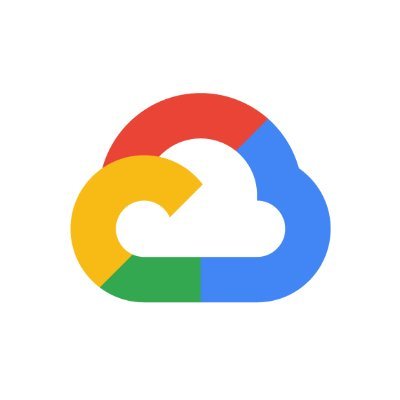| Google's Machine Learning Engineer Learning Path |
| Written by Nikos Vaggalis | |||
| Tuesday, 30 July 2024 | |||
|
Google offers a comprehensive set of free courses that teach you the essentials of the Machine Learning Engineer's role using Google Cloud's technologies.
Last year we took a look at Google's other AI-related Learning Path, that of Generative AI. Generative AI is a type of AI that can map long-range dependencies and patterns in large training sets, and then use what it learns to produce new content, including text, imagery, audio, and synthetic data. That course, however, focused on Generative AI as the end product which is distinct from the actual role a ML engineer assumes. A ML engineer goes behind the scenes in designing, building, optimizing, operating, and maintaining ML systems, including the GenAI ones. The "Machine Learning Engineer Learning Path" goes through all the responsibilities attached to the role, focusing on using Google Cloud's tools. The path is comprised of 15 lengthy courses: A Tour of Google Cloud Hands-on Labs Introduction to AI and Machine Learning on Google Cloud Launching into Machine Learning TensorFlow on Google Cloud Feature Engineering Machine Learning in the Enterprise Production Machine Learning Systems Natural Language Processing on Google Cloud Recommendation Systems on Google Cloud Machine Learning Operations (MLOps): Getting Started Machine Learning Operations (MLOps) with Vertex AI: Manage Features ML Pipelines on Google Cloud Prepare Data for ML APIs on Google Cloud And finally, Build and Deploy Machine Learning Solutions on Vertex AI The path is self paced as well free, and quite lengthy in duration since each individual course requires dedication for minimum 8 hours up to 32. Be aware that the material can be very technical at times. Anyway, and to conclude, while the course might be focused on doing ML using Google's tools, it does have value beyond that since the concepts taught can be applied in general.
More InformationMachine Learning Engineer Learning Path
Related ArticlesFollow Google's Generative AI Learning Path
To be informed about new articles on I Programmer, sign up for our weekly newsletter, subscribe to the RSS feed and follow us on Facebook or Linkedin.
Comments
or email your comment to: comments@i-programmer.info |
|||
| Last Updated ( Tuesday, 30 July 2024 ) |



